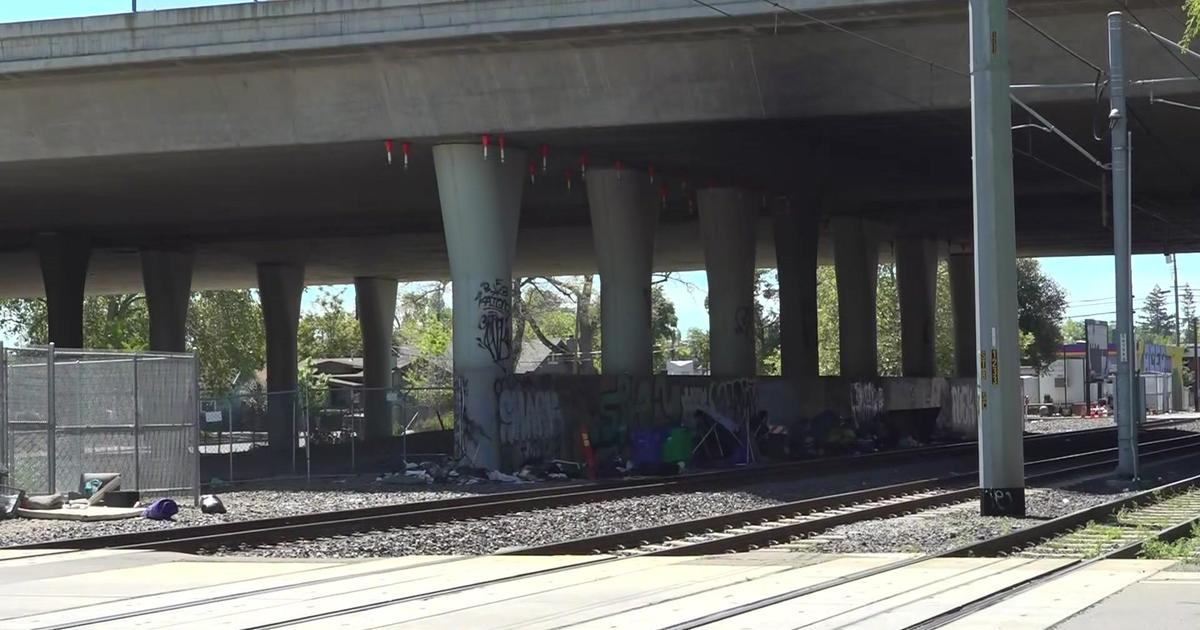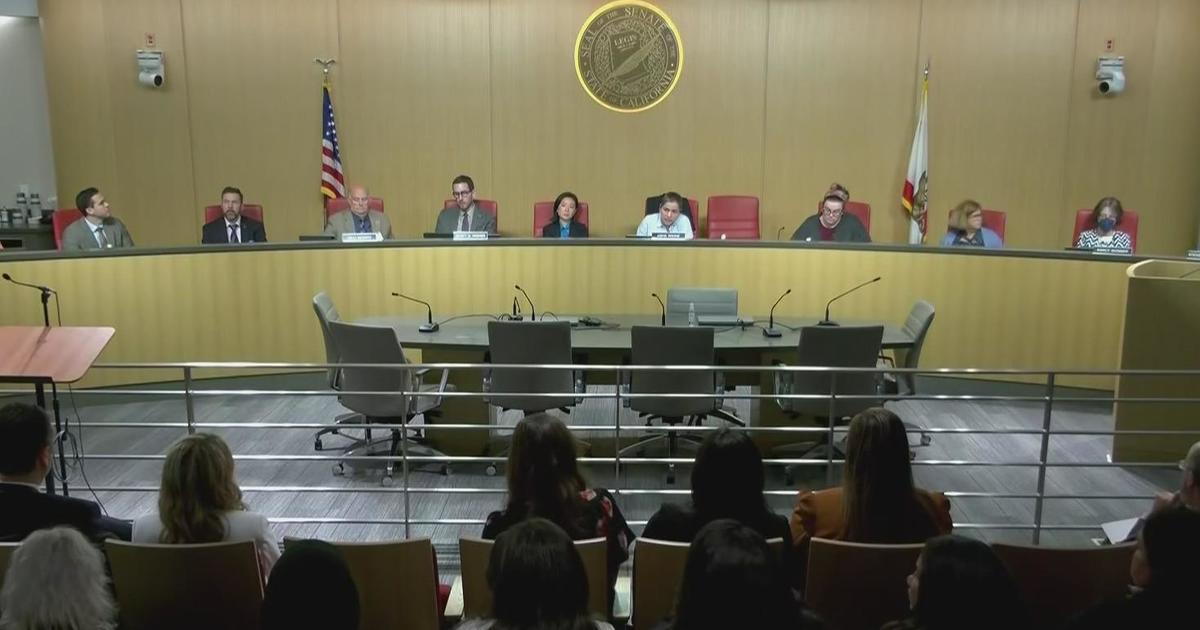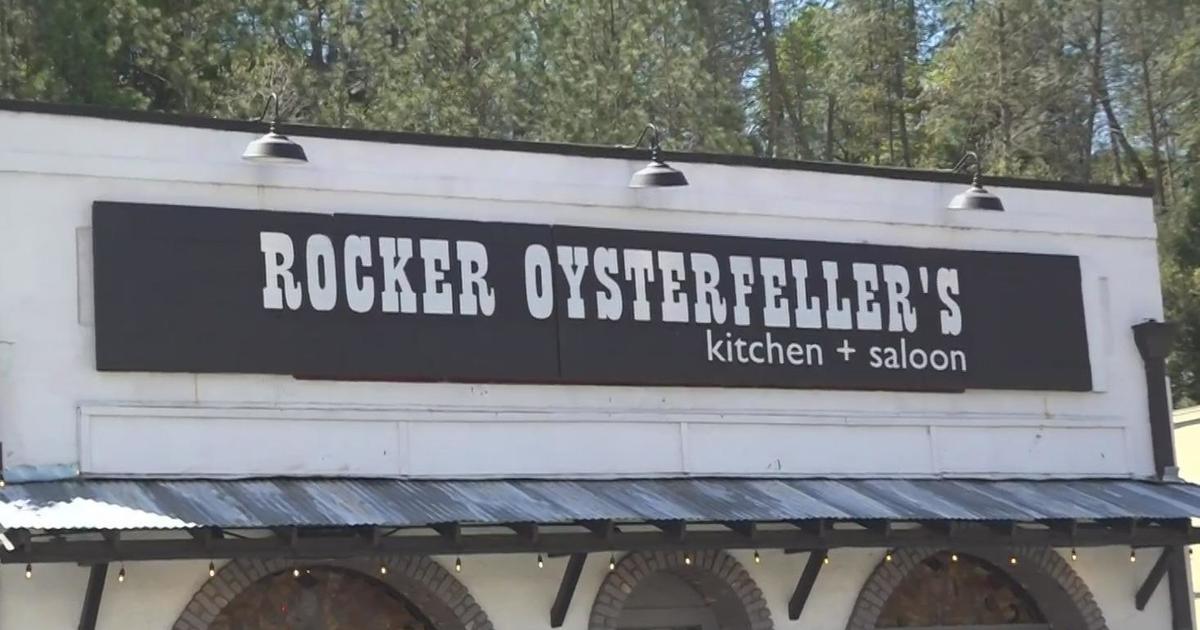Tuition-Free Virtual Academies Innovate, Challenge Traditional Learning
This article is presented in partnership with CA Lottery.
When you look back at history, so much of what has made the U.S. an innovative, great nation has come from non-traditional thinkers. Those unable or unwilling to fit the mold have moved us forward in areas ranging from creative art to computer science.
CAVA – California Virtual Academies, an online network of 11 public schools serving kids from kindergarten through grade 12, understands that not every child can thrive via the traditional classroom model. The network lets kids learn from home, or anywhere an internet connection is available, while simultaneously providing structure and community.
Day-To-Day Life As A CAVA Student
Kids enrolled in a CAVA school interact on a daily basis with at least one certified teacher, just like a homeroom teacher at a traditional school. Attendance is taken and a specific curriculum, built upon the individualized needs of each student, is followed and bolstered by online and offline tools. The student's learning plan is reassessed at least once per semester by school teachers and administrators with input from parents.
Students log in to their computers at the start of the school day, typically accompanied by a parent or another adult, such as a legal guardian. A daily schedule is provided, which can be modified by either the student or their adult, to accommodate learning style and pace.
Students do not operate in a vacuum, but instead interact with their teachers and other students throughout the school day as needed; benefiting from one-on-one interactions and independent study. Extra-curricular activities are provided as well, many of which are based on physical activities or in-depth study in areas such as art, music or science.
Like all public schools, CAVA is tuition-free. Families are provided with loaner computers, disks and subsidized internet access as well as the standard supplies typically given to kids in school like textbooks and art supplies.
Parents and/or other adults in the child's household are enrolled in the process and are necessary for student success across all grades. Parents provide supervision and monitoring of their student's individual pace and schedule on a daily basis and are empowered to modify curriculum flow as needed.
A Unique Combination Of In-The-Box And Out-Of-The-Box
Hundreds of online courses, many with multiple versions, are available for students to choose from. Some identically mirror the courses given in analogue classrooms and other niche subjects, such as World Languages, provide unique educational opportunities for diverse learners. Extra-curricular clubs and activities are also available for kids throughout all grades.
Virtual classroom settings also provide students the opportunity to connect with other kids in a controlled online setting, establishing both relationships and the acquisition of online manners. Students meet other students who live nearby and also get the opportunity to connect with virtual students in other countries.
Community Connection
Once a week throughout 14 locations, face-to-face instruction and peer-to-peer interaction, is provided for students in grades K-8 in subject areas including math, science and English. Geared towards community building, the half-day get-togethers include parent trainings and volunteer opportunities as well. Play dates for families, read-alongs in libraries and book stores and other community-centric events are also supervised and maintained by the school.
Face-to-face networking opportunities are provided at least once per month, enabling students and their parents to connect with teachers, other CAVA families and school administrators. School accountability is the same as with any public school, providing context, funding and responsibility for testing and overall school performance.
Life Is Calling
You might think that a virtual learning experience would be difficult to transition out of, but traditionally, this has not been the case for CAVA students. High school students are provided college and career counseling opportunities online, through workshops and in face-to-face meetings. Kids go on to experience success at top universities such as UC Berkeley, UC Los Angeles and Duke University, establishing careers of note and self-satisfaction.
Corey Whelan is a freelance writer in New York. Her work can be found at Examiner.com.




